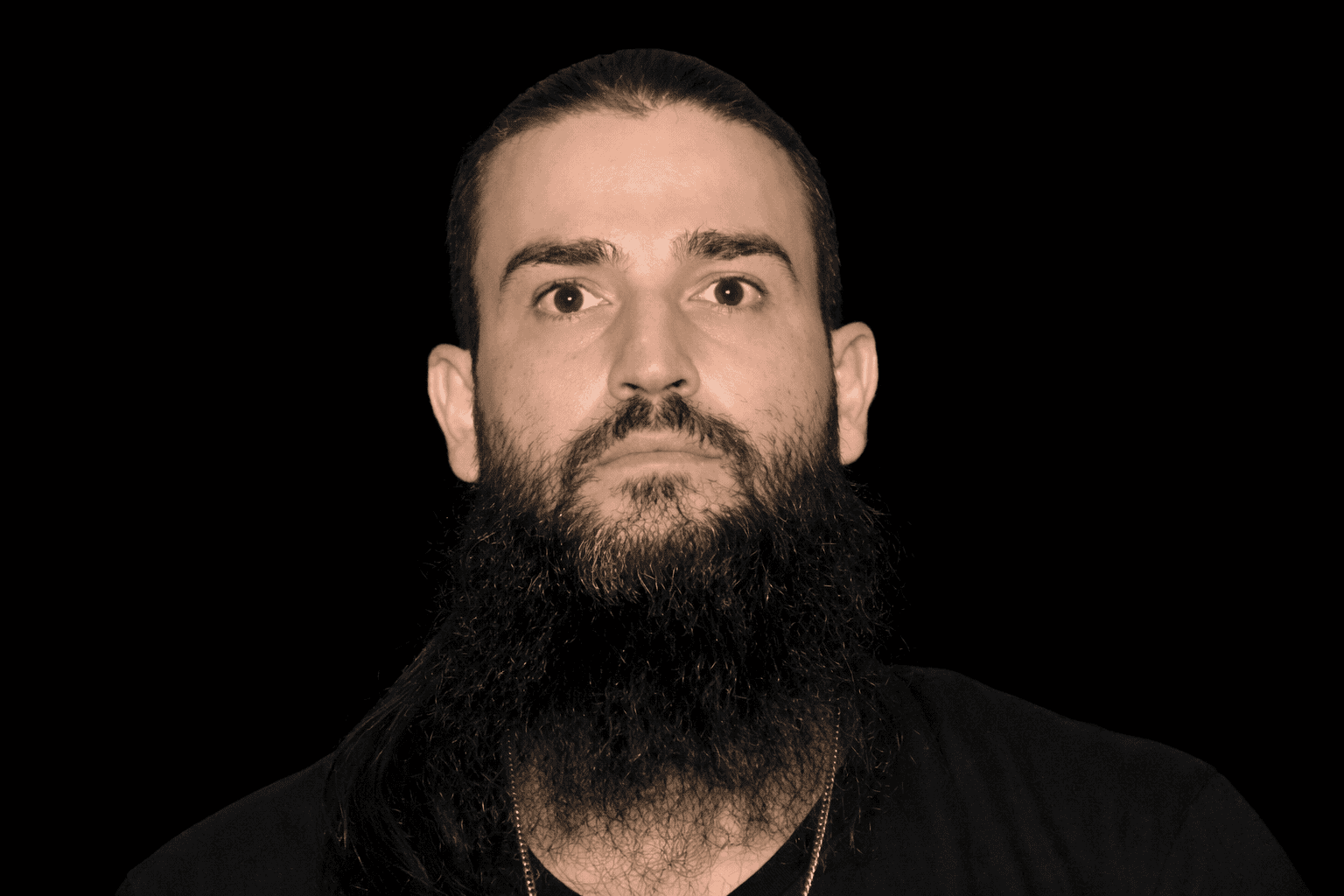World Premiere of Seabrook Film Coming to The Levoy

Last year in April and May, SNJ Today featured front page stories of Seabrook on Film: A documentary about past Seabrook communities in the works. The film is finished and will have a world premiere at Levoy Theatre on Saturday, March 16 at 11 a.m. The idea for the film was inspired by a Vineland teacher and the executive producer has Vineland roots.
The film, The Paradox of Seabrook Farms, by independent Dutch-Estonian documentary filmmaker Helga Merits, sheds light on the puzzling history of the Seabrook family and their factory workers, people of different countries and cultural backgrounds who had no other place to go.
The film has taken more five years to complete. Merits interviewed nearly 50 people for the film, conducted extensive research and engaged the services of TEB Creative, a London-based production team, and Peter van Os, a Dutch composer who created the original score for the film. Helga Merits will be visiting from Holland to attend the premiere and will be available for Q&A. The film is having a sneak preview in Boston on March 3 as part of the Boston Baltic Film Festival.
The film, started by the late Valdis Basens, a former English teacher at Vineland High School, is supported by the Seabrook Educational and Cultural Center, the Cumberland County Historical Society, the Seabrook JACL, several eminent local businesses, and by many generous donors. The Seabrook Film Organizing Team is led by Marilem (Soodla) Ferentinos, Sharon Yoshida and Helle (Pärt) Gawrylewski. The executive producer is Vineland native Robert Dragotta.
What occurred in the small community of Seabrook Farms in Cumberland County 70 years ago is a universal story of hope and new beginnings about people who came with nothing and left with opportunities. The Paradox of Seabrook Farms captures their true-life stories of survival and perseverance and reflects the struggles for freedom from war and oppression that are even in today’s headlines around the world.
In the 1950s Seabrook Farms was the biggest frozen food processing plant in the world, and it needed farm and factory labor. Their success depended on the labor of over 3,000 employees in a company community representing more than two dozen cultures and 30 languages. Working at Seabrook Farms meant seven-day weeks with ever changing shifts, work that was both physically and mentally draining. In spite of all the hardships they still found ways to keep their cultural traditions and create new possibilities for their children.
These workers, including Japanese-Americans from U.S. internment camps and displaced persons from Estonia and other European countries overrun during World War II, came to Seabrook Farms with nothing but suitcases to restart their lives as American citizens. Displaced Italians, Russians, Jamaicans, Barbadians, Germans, Poles, Hungarians, Czechs, Latvians, as well as Americans who had lost their jobs during the Depression and African-Americans coming from the South in search of work in the North, were among the groups of people who migrated to what became simply known as Seabrook, New Jersey.
The story of the Seabrook family who created Seabrook Farms in Upper Deerfield Township is similar to a Greek tragedy of betrayal—of creating and destroying possibilities—where behind the scenes, a diverse community of refugees and immigrants managed to create possibilities for their families.
The film premiere at Levoy Theatre in Millville is set for March 16 at 11 a.m. Tickets are $10 and can be reserved in advance at levoy.net.











